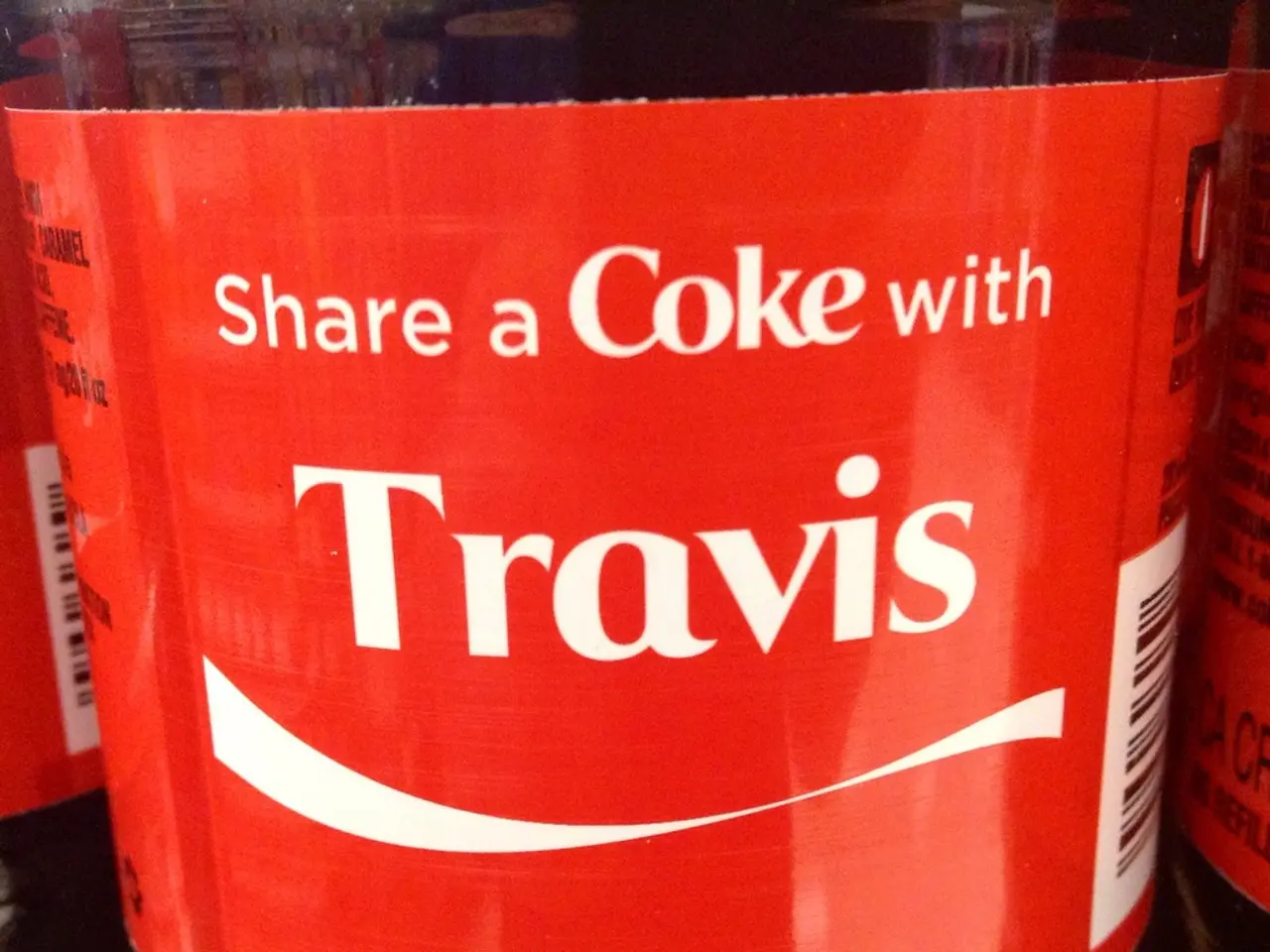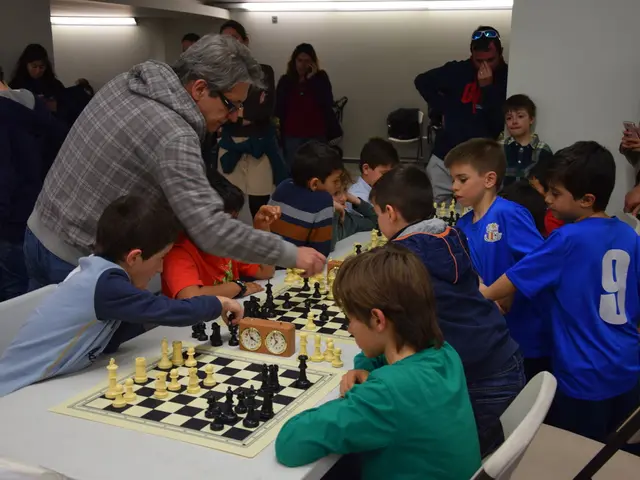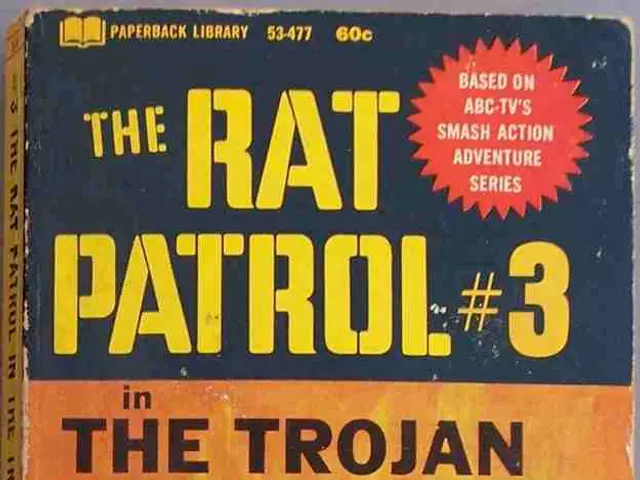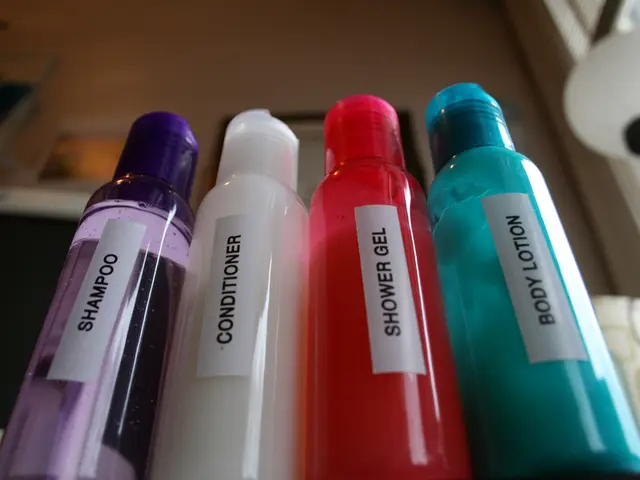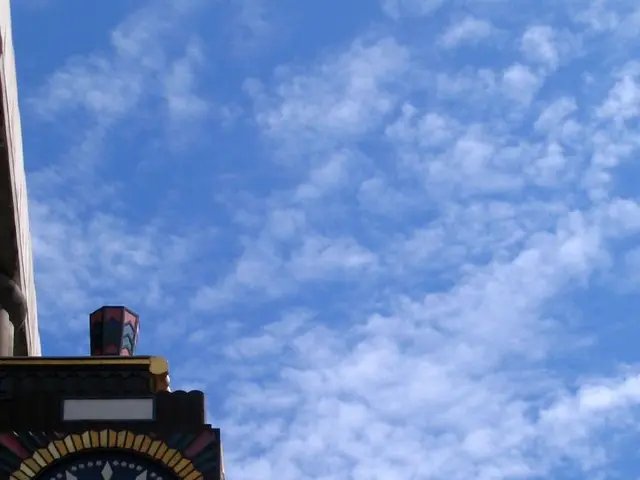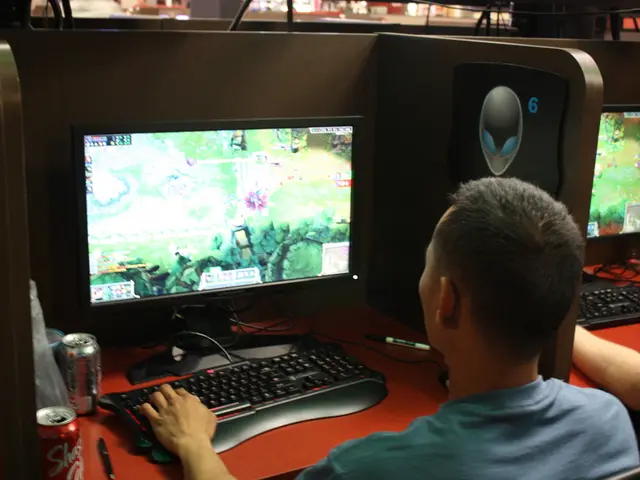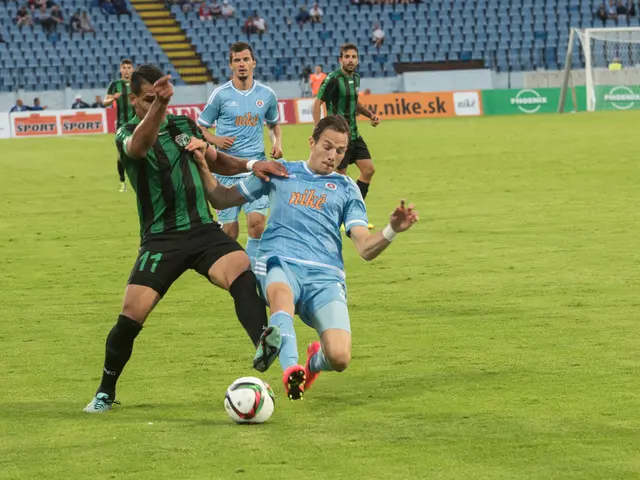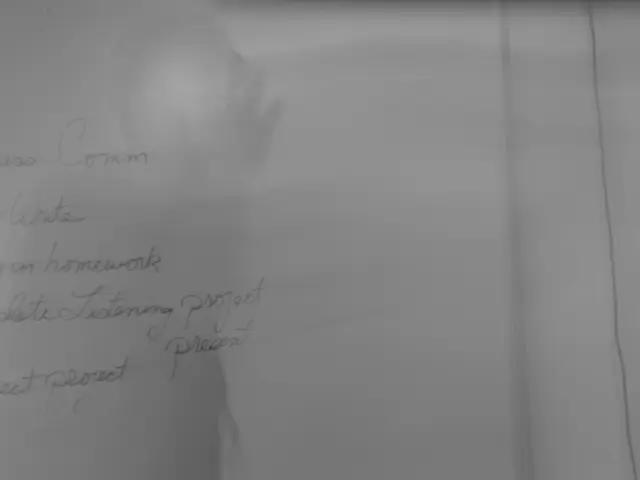Venezuelan authorities accused of links to 'Soles' criminal organization; legitimacy questioned
In the turbulent political landscape of Venezuela, the name "Cartel de los Soles" has emerged as a contentious issue between the Venezuelan government and its neighbors, as well as the United States.
The symbol of the sun, found on the military uniform epaulettes of generals in Venezuela, has been linked to this alleged drug trafficking organization. However, both Venezuela and its neighbor Colombia insist that the Cartel de los Soles does not exist.
This organization, reportedly coordinated by high-ranking Venezuelan government and military officials, including Nicolás Maduro's inner circle, is viewed by the U.S. government as a criminal cartel involved in drug trafficking and money laundering. The US administration, led by President Donald Trump, has designated it as a terrorist organization, a claim that Venezuela and some other countries vehemently deny.
The US President has been vocal about the alleged Cartel de los Soles, describing it as a Venezuela-based criminal group headed by Nicolas Maduro. The US has even offered a bounty of $50 million for Maduro's capture on drug charges. However, there is no direct, incontrovertible evidence for the existence of an organized cartel by the name "Cartel de los Soles" in Venezuela.
Some experts, such as Phil Gunson, an analyst at the International Crisis Group, question the existence of the Cartel de los Soles, implying that Maduro cannot be its boss. Instead, they suggest that it is a system of corruption wherein military and political officials profit by working with drug traffickers, rather than a hierarchical organization.
InSight Crime, a well-known organisation that studies organized crime in Latin America, shares a similar view. They describe the Cartel de los Soles as a system of corruption, not an organized group with a defined hierarchy.
The US's Caribbean deployment, focused on combating drug trafficking, has been met with a response from Venezuela. The Venezuelan government has deployed warships and drones to patrol its coastline in response to the US deployment.
The US administration claims that the Cartel de los Soles provides material support to foreign terrorist organizations, including Tren de Aragua and the Sinaloa Cartel. However, these claims have not been substantiated, leading to a standoff between the two nations.
The US's right-wing allies in Argentina, Ecuador, and Paraguay have echoed the designation of the Cartel de los Soles as a terrorist organization. Yet, the latest US State Department report on global anti-drug operations made no mention of the Cartel de los Soles or any connection between Maduro and narco trafficking.
As the situation continues to unfold, the validity of the Cartel de los Soles remains a topic of debate. Some observers question the activation of 4.5 million civilian militia members by Maduro to confront "any threat," while others see it as a strategic move in the ongoing power struggle.
Mariano de Alba, a London-based geopolitics expert, suggests that the US deployment is unlikely to be an attack force if the Trump administration wanted to provoke regime change. Instead, he posits that the US would more likely rely on "surprise action" if it wanted to instigate change in Venezuela.
The name "Cartel de los Soles" was ironically coined by Venezuelan media in 1993 after two generals were nabbed for drug trafficking. The term has since taken on a life of its own, becoming a symbol of the complex and contentious relationship between Venezuela and the US.
As the standoff continues, the future of Venezuela and its relations with its neighbors and the US remain uncertain. The allegations against the Cartel de los Soles and Maduro's government continue to fuel tensions, while the lack of concrete evidence casts doubt on the validity of these claims. The situation in Venezuela remains a complex and evolving one, with far-reaching implications for the region and beyond.
